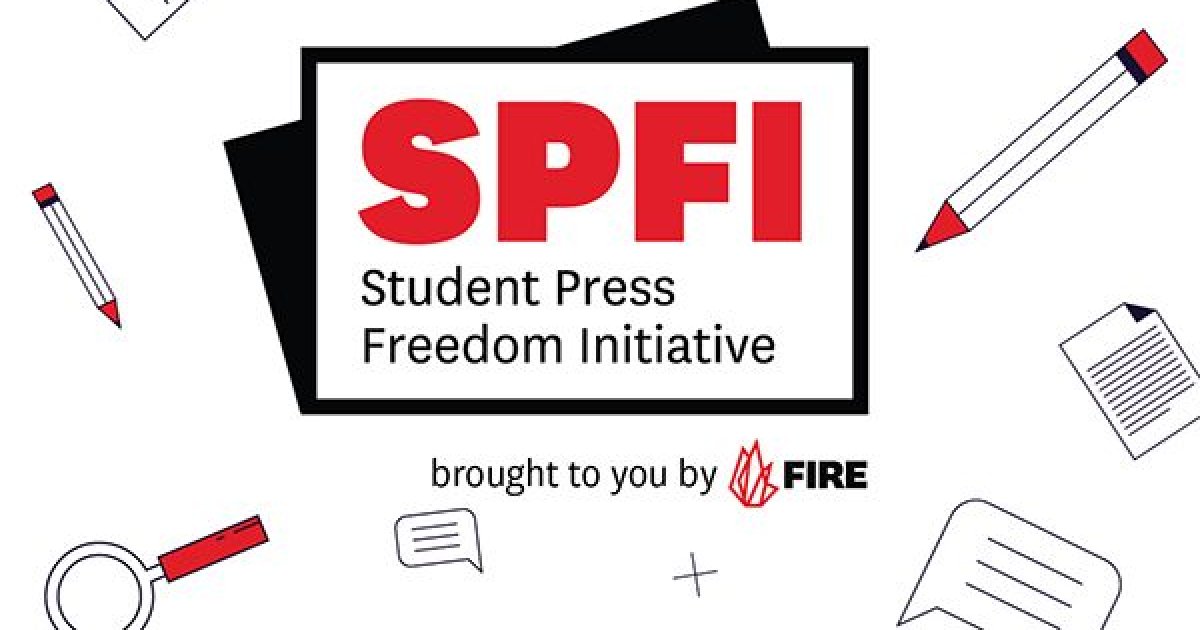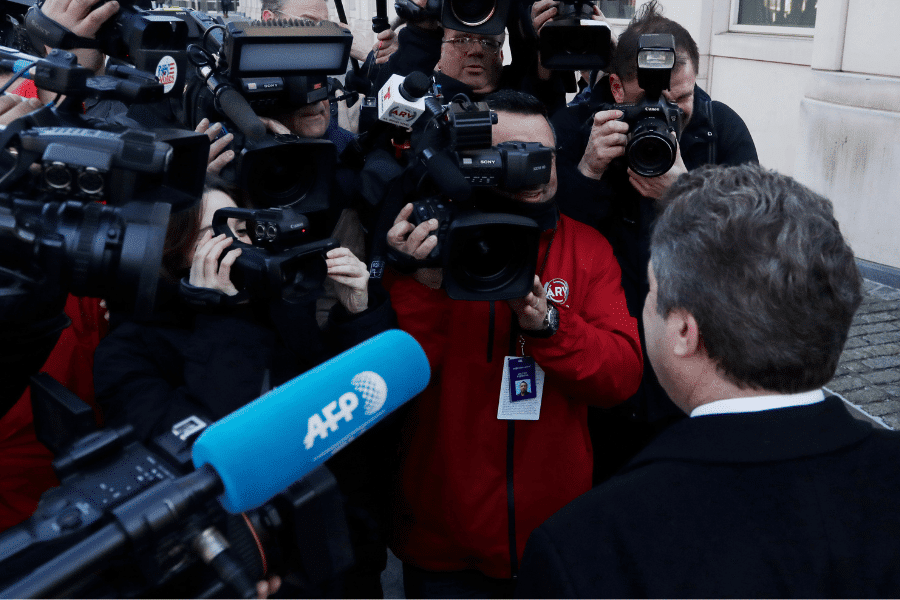Are you frustrated because politics is bitterly polarized? Have you almost given up on finding news that is fair, accurate, dispassionate and digestible?
If so, I have a tip for you: Take a look at some of the major international news agencies. It may change how you consume news while making you better informed.
Also called wire services, news agencies like the Associated Press (AP), Reuters and Agence France-Presse (AFP) have thousands of multimedia journalists — and clients — spread out around the world. With roots in the 19th century, they have impartiality and a commitment to accuracy in their DNA.
No news organization can be perfectly impartial. But the better wire services offer an antidote to the slanted and unreliable offerings that often pose as “news” on the internet but can represent little more than one-sided, sensationalized accounts that stoke social and political discord.
Check out this chart: There’s a reason the AP, Reuters and AFP are considered among the most reliable and balanced Western news sources. It has a lot to do with their history and purpose.
Fast and factual
The AP, Reuters and AFP were founded in the 19th century to serve a cross-section of newspapers that could ill afford to have journalists around the world at a time when the appetite for international news was on the rise.
To succeed, the agencies sought to play it straight and to deliver the news quickly and accurately. Their stock-and-trade was unvarnished, accurate, fast coverage that could win space in any newspaper, regardless of its owners’ or readers’ political leanings.
“To achieve such wide acceptability, the agencies avoid overt partiality,” Jonathan Fenby wrote in a 1986 book on international news agencies. “They avoid making judgments and steer clear of doubt and ambiguity. Though their founders did not use the word, objectivity is the philosophical basis for their enterprises — or failing that, widely acceptable neutrality.”
By the 1980s, the four biggest news agencies accounted for the vast majority of foreign news printed in the world’s newspapers.
A great deal has since changed in the news ecosystem, much of it due to the invention of the internet. But most wire services continue to strive to offer comprehensive, impartial and accurate news reports, complemented nowadays by photographs, video and graphics.
Keeping a cool head in hot spots
If you’re home watching the news and there is a video report of an event in a far-away country, chances are it was produced by a news agency. Similarly, reports in newspapers, on the radio or even on the internet often come from news agencies, which typically have many more journalists on the ground than other news organizations, especially in hot spots.
“The first word of natural disasters in out-of-the-way places invariably comes from agencies,” said News Decoder correspondent Barry Moody, who worked for decades at Reuters and ran the agency’s news coverage during the second Iraq war at the beginning of this century.
“During the Iraq war, we had an army of staff in Middle Eastern capitals, embedded with American and British troops and as ‘unilaterals’ roaming the front. I can remember watching as we filed snaps revealing the speed of the American advance into Iraq and seeing the tickers on TV stations and the market screens lighting up at every new alert.”
News agencies have been playing a similar role more recently in the conflict in Gaza. Although the outlets’ international correspondents have been barred from entering Gaza, Palestinian journalists have risked their lives to deliver timely accounts to the wire services from inside the enclave.
With journalists and clients around the world, the big international news agencies look at events through a global lens.
Balanced news in a biased world
Many of the thousands of correspondents who report for newswires are in war zones or disputed territories. To protect their staff and reputations, the agencies need to be sensitive to conflicting viewpoints, to cite reputable, credible sources and to avoid taking sides. That explains why, in a world full of shrill, partisan bickering, their reports can seem dispassionate, neutral and tolerant.
Such balance is not always easy.
Randall Mikkelsen, another News Decoder correspondent, remembers being a White House reporter for Reuters after the 9/11 attacks in the United States. Bucking intense pressure from the U.S. administration and public, the news agency refused to call the attackers “terrorists,” instead opting for “militants” or “designated by the State Department as ‘terrorists.’”
“Our stories were read around the world,” Mikkelsen said. “In some places, people the United States called terrorists were considered by the readers of our work as ‘freedom fighters.’”
The internet has all but ended two of the biggest advantages that news agencies held during the analog era — speed and the ability to break news to huge numbers of people around the world.
Increased competition for fast news
The low cost of entry for competitors into the news ecosystem has undermined the agencies’ traditional, business-to-business model, which was based on the sale of news stories to mainstream media organizations, themselves under financial stress.
So, the wire services have launched news portals for the public, giving consumers around the world direct access to agency reports. It’s been a challenge for the agencies to make money off of their consumer business, and services like Reuters and Bloomberg continue to pocket the lion’s share of their revenue from well-heeled clients in the financial markets even as they continue to sell content to news organizations.
If you peruse the agencies’ websites, you’ll find a vast array of multimedia reports from points around the world. Their global footprint remains a competitive advantage.
Still, as hard as the international agencies try to be balanced and fair, bias can at times creep in. Their journalists are not spread evenly around the world; many more tend to be in Western nations, whose businesses, advertisers and subscribers provide most of the big agencies’ revenues.
So while a disaster that kills hundreds in a developing country in the Global South may merit coverage, it can be dwarfed by the attention the same agency will pay to an accident or event in a rich nation. As they say, follow the money.
Still, as News Decoder correspondent Helen Womack put it: “International news agencies are on the ground in all sorts of places where other media cannot be, and they help to give us the bigger picture.”
In some countries, local news agencies are controlled by the government or focus almost exclusively on that nation’s interests. They do not have the footprint of the big, international agencies.
Said another News Decoder correspondent, Maggie Fox: “News agency-style coverage is just what’s called for in this age of mistrust and distrust of news — calm, dispassionate, just-the-facts reporting.”
Three questions to consider:
1. What is a “newswire”?
2. Why must newswires report news without bias?
3. If you were a news reporter why might it be difficult for you to report without bias?






